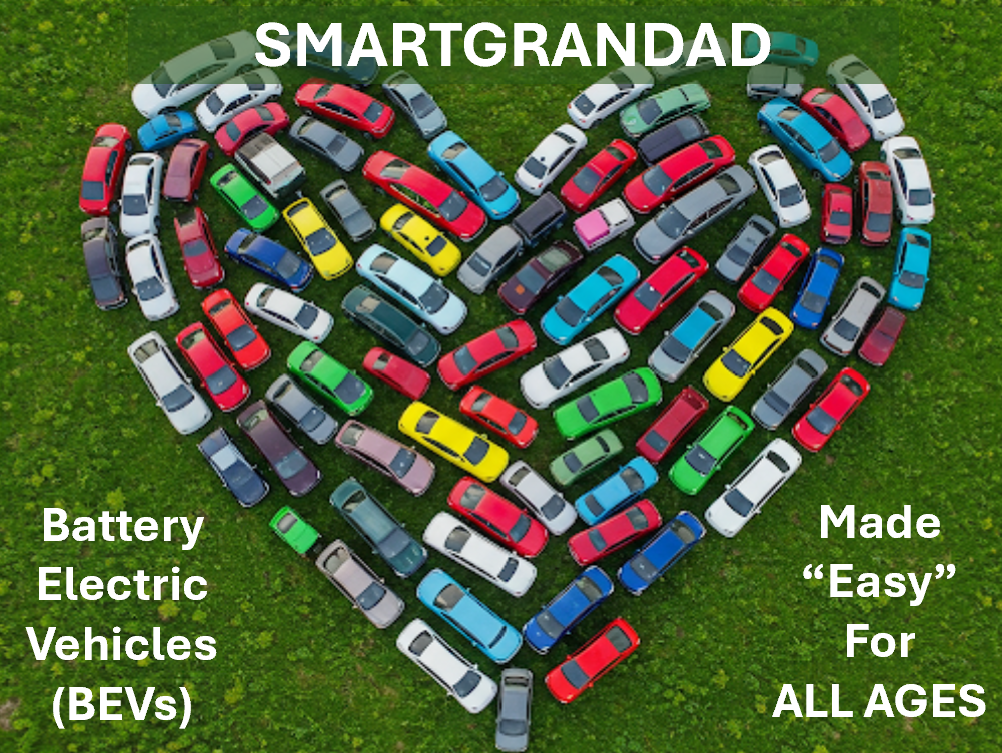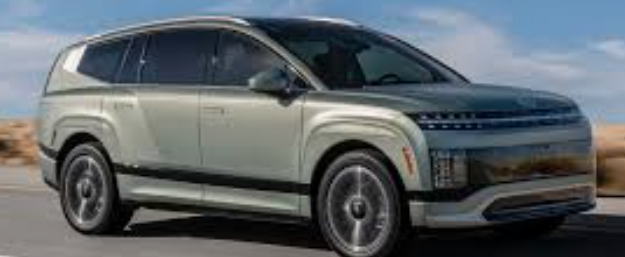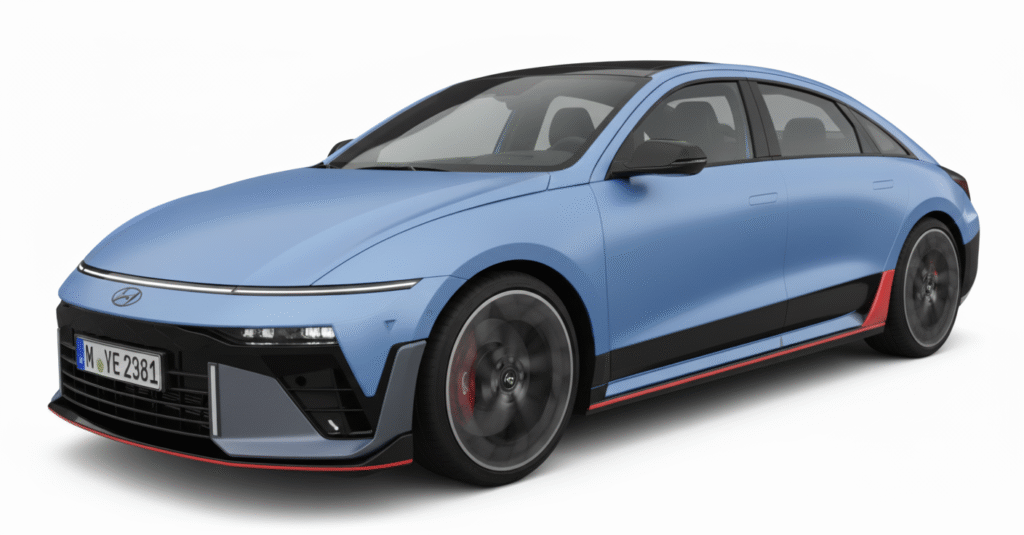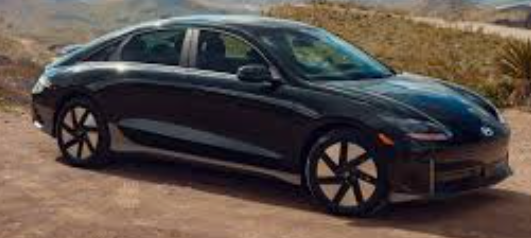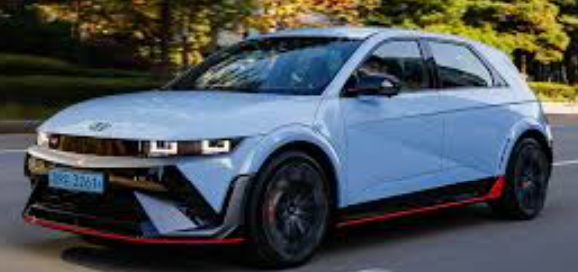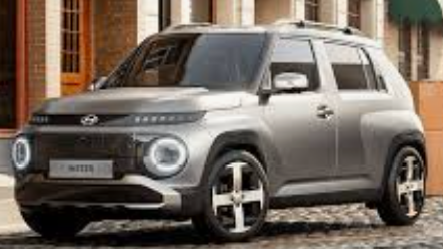Hyundai Ioniq 5
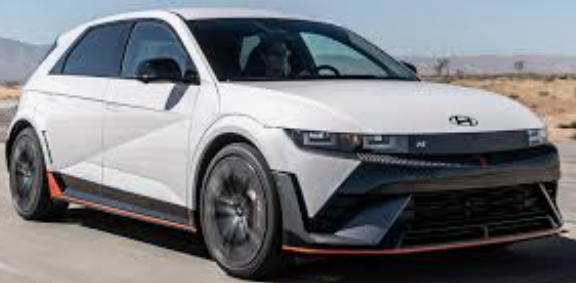
1. Body Style and Size Segment
The Ioniq 5 is a compact crossover SUV with a distinctive, hatchback-like silhouette. Dimensions are approximately 4655mm (L) x 1890mm (W) x 1605mm (H), with a generous 3000mm wheelbase, placing it firmly in the compact to mid-size SUV segment, offering ample interior space.
2. Platform Architecture, Range & Efficiency
Built on Hyundai’s Electric-Global Modular Platform (E-GMP), the Ioniq 5 utilizes an advanced 800V architecture, enabling ultra-fast charging. It offers a larger 84.0 kWh battery (previously 77.4 kWh), providing up to 570 km WLTP range (up to 318 miles EPA estimated). Efficiency is strong, around 16.0 kWh/100km.
3. Technical Capabilities
The Ioniq 5 features Hyundai Smart Sense driver assistance, including enhanced Forward Collision-Avoidance Assist 2 (FCA 2) and Highway Driving Assist 2 (HDA 2) for Level 2 autonomous driving. It also boasts a new rear wiper and updated infotainment with wireless Apple CarPlay/Android Auto.
4. Interior Quality and Storage Capacity
The interior is spacious and minimalist, prioritizing comfort and flexibility with sustainable materials. Dual 12.3-inch screens dominate the dash. Storage includes a 57L frunk (RWD) or 24L (AWD), and a substantial 527L rear cargo space, expanding to 1587L with folded rear seats.
5. App Functionality
The Bluelink app offers comprehensive remote features: climate control, door lock/unlock, vehicle status checks, and charging management. New for 2025 are in-app charging and Plug and Charge compatibility for seamless public charging.
6. Pros and Cons
Pros: Eye-catching design, spacious and comfortable interior, ultra-fast 800V charging, improved range. Cons: Rear visibility can be limited, some lower-trim interior plastics, no rear seat folding from the trunk.
7. Overall Summary
The 2025 Hyundai Ioniq 5 stands out with its unique styling and 800V charging, offering a compelling package against rivals like the Kia EV6, Tesla Model Y, and Volkswagen ID.4. While its cargo capacity is good, the Model Y offers slightly more. Its distinct design and rapid charging capability position it as a strong contender in the competitive EV market.
Real world range estimates
The table below shows some estimated real-world examples in perfect condition and in conditions needing A/C to heat or cool vehicles. See our range guide to see how the range is affected in real world.
| Range | Consumption | |
|---|---|---|
| 90kmh/56mph perfect condition | 471km / 293 mi | 17 kWh/100km / 3,7 mi/kWh |
| 90kmh/56mph with 2KW heating | 429km /259mi | 19,2 kWh/100km /3,2 mi/kWh |
| 70mph/112kmh perfect condition | 364 km / 226 mi | 22 kWh/100km / 2,8 mi/kWh |
| 70mph/112kmh with 2KW heating | 337km / 209mi | 23,8 kWh/100km / 2,6 mi/kWh |
| 120kmh/75mph perfect condition | 333 km / 207 mi | 24 kWh/100km / 2,6 mi/kWh |
| 120kmh/75mph with 2KW heating | 311 km /193mi | 25,7 kWh/100km /2,4 mi/kWh |
